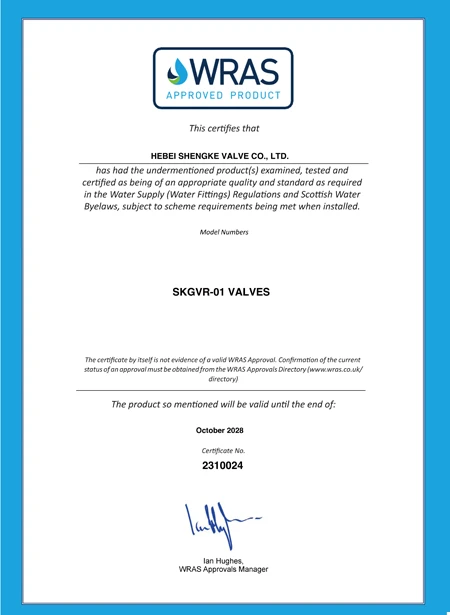Dec . 16, 2024 05:12 Back to list
Understanding the Functionality and Applications of Gate Valves in Fluid Control
The Importance of Gate Valves in Modern Industry
Gate valves are crucial components widely utilized in various industrial applications, including oil and gas, water supply, power generation, and many others. Their primary function is to allow or restrict the flow of fluids through pipes, ensuring that systems operate efficiently and safely. This article delves into the significance of gate valves, highlighting their structure, functionality, advantages, and applications.
A gate valve, also known as a sluice valve, operates by raising or lowering a gate (or wedge) within the valve body. This design provides excellent flow control, allowing operators to create a full opening or complete closure of the pipeline. The operation is straightforward; when the gate is lifted entirely, fluid can flow freely with minimal resistance, resulting in low pressure drops. This feature is particularly beneficial in applications requiring constant flow, such as water distribution systems and sewage treatment plants.
One of the primary advantages of gate valves is their durability and reliability. Most gate valves are made from robust materials, such as cast iron, stainless steel, or bronze, which enable them to withstand high pressures and temperatures. This resilience makes them ideal for harsh industrial environments where other valves might fail. Additionally, gate valves can be utilized in both onshore and offshore applications, offering flexibility to operators in various settings.
Another significant benefit of gate valves is their suitability for larger pipe diameters. They are designed to handle high flow rates, making them the go-to choice for large-scale industrial processes. The streamlined design ensures that there is minimal turbulence in fluid flow, which is essential for preventing erosion and damage to pipes and related equipment over time.
gate valve

In terms of maintenance, gate valves require relatively low upkeep. Their simple design minimizes the potential for mechanical failure, and if a valve does malfunctions, it is usually easy to repair or replace without significant downtime. Proper valve selection and regular inspections can further increase the lifespan of a gate valve, ensuring smooth operations in industrial facilities.
Gate valves also offer advantages in terms of energy efficiency. By providing a straight path for fluid flow, they reduce the energy loss typically associated with other types of valves that maintain resistance. This characteristic can lead to cost savings over time, particularly in long-term infrastructure projects where operational costs are a significant consideration.
Applications of gate valves are abundant across numerous industries. In the water and wastewater sector, they are essential for managing the flow of potable water and effluents. In the oil and gas industry, gate valves are indispensable in pipelines and refineries, allowing for the safe, controlled transit of hydrocarbons. Moreover, in power plants, they play a vital role in cooling systems and steam applications, ensuring efficient energy production.
In conclusion, gate valves are a pivotal element in modern industrial operations. Their robust design, reliability, and energy efficiency make them the preferred choice for fluid control in various applications. As industries continue to evolve, the importance of incorporating high-quality gate valves will only grow, ensuring that systems remain efficient and safe. Understanding the role of gate valves will aid engineers and decision-makers in selecting the appropriate components for their projects, ultimately contributing to a more sustainable and efficient industrial landscape.
Share
-
Reliable Wafer Type Butterfly Valves for Every IndustryNewsJul.25,2025
-
Reliable Flow Control Begins with the Right Ball Check ValveNewsJul.25,2025
-
Precision Flow Control Starts with Quality ValvesNewsJul.25,2025
-
Industrial Flow Control ReliabilityNewsJul.25,2025
-
Engineered for Efficiency Gate Valves That Power Industrial PerformanceNewsJul.25,2025
-
Empowering Infrastructure Through Quality ManufacturingNewsJul.25,2025


